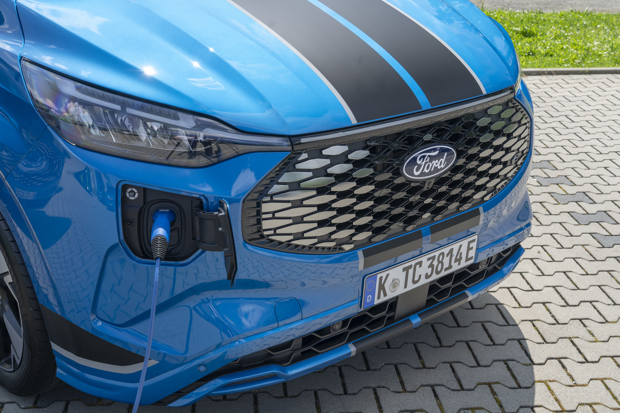Electric vans could pay for themselves within three years

Small businesses could see electric vans pay for themselves over a three-year period thanks to lower running costs compared with diesel equivalents.
That's according to a leading British research company. The Centre for Economics and Business Research study, commissioned by Ford PRO, also showed that 58.9% of small business van users were looking to switch to electric vehicles in the next five years.
They cited lower running costs, access to low emissions zones, concern for the environment and their business reputation as the key drivers.
A sample poll, which interviewed 1000 small business owners across Europe, found that SMEs are leading the adoption of electric vans, ahead of large corporates.
Analysis of the total cost of operating electric vans compared to diesel or petrol equivalents also found that electric vehicles make up for their higher initial purchase costs within a typical three-year ownership timeframe with annual electric van charging costs of £3152 vs £10,562 for fuelling an internal combustion engined van.
For those not ready to make the switch, charging time was the biggest concern (38.1%) followed by initial purchase cost (37.7%). Despite this, 58.6% said that they were likely to choose an electric van over the next five years.
The Economics of Commercial Van Usage Across Europe 2024 found that Germany had the highest proportion of new electric van registrations in 2023 at 9.5%, and that the UK showed the greatest growth since the last report in 2018, with market share evolving from 0.3% to 6%.
"The transition to electric could bring considerable societal benefits on both local and global scales, primarily through the mitigation of harmful pollutants and greenhouse gas emissions," says Nina Skero, chief executive of CEBR.
"Our analysis also demonstrates that vans already support a significant proportion of economic activity across European markets. Indeed, van-reliant industries contributed €860bn to European Union economies last year. The portion of this figure attributed to electric vans is expected to grow as adoption continues and more businesses realise and accrue EV operational savings."

